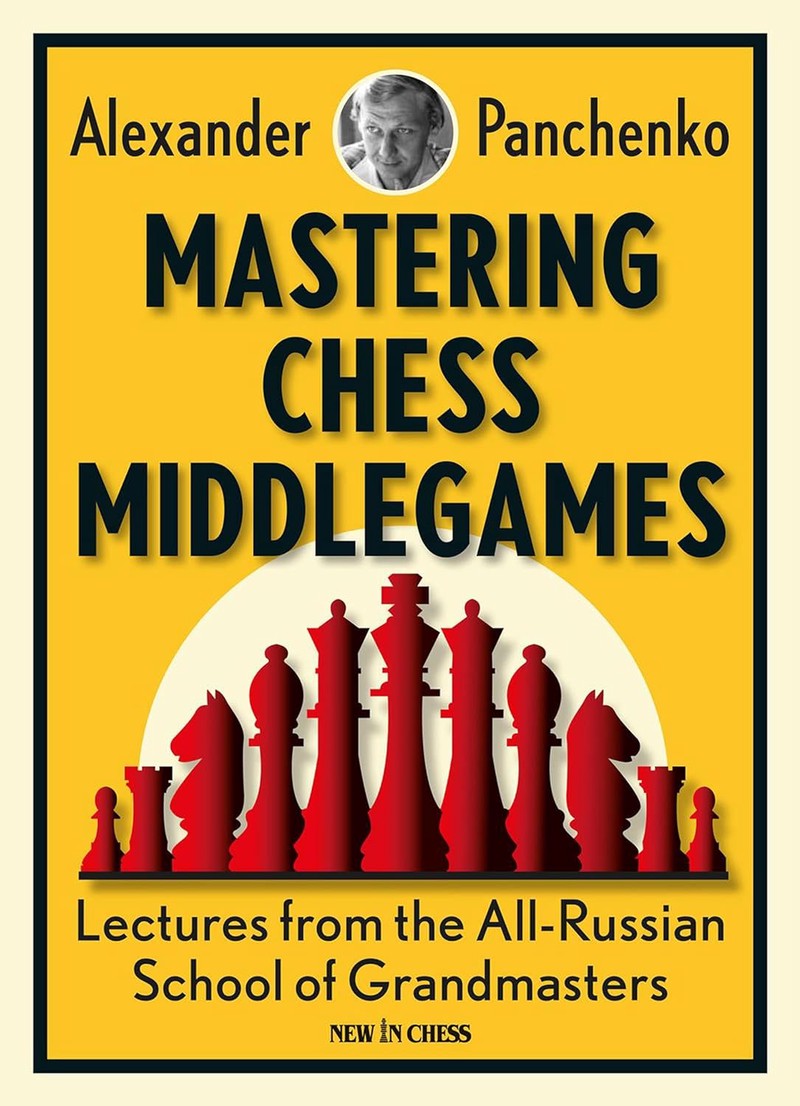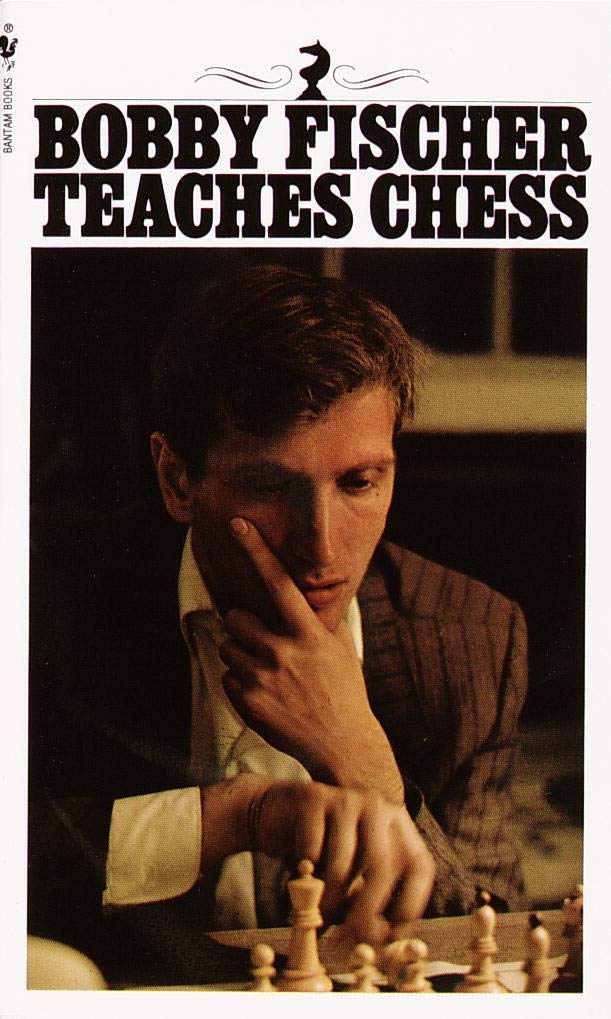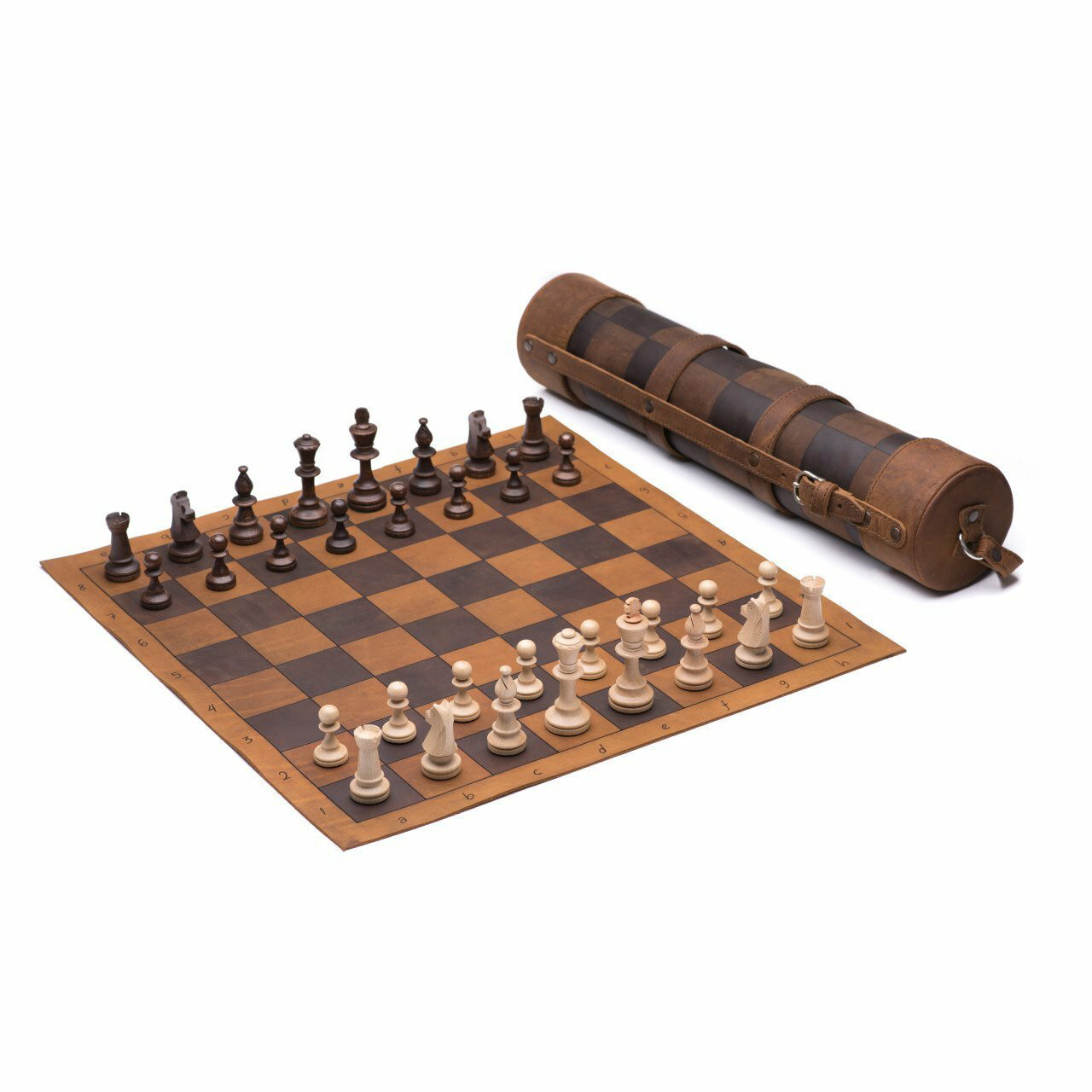Chess is a game of deep strategy and endless possibilities. Professionals constantly seek ways to enhance their skills.
Whether you are aiming to refine your tactics or understand complex strategies, advanced chess books offer valuable insights. These books are crafted by grandmasters and seasoned players who share their knowledge and experiences. They delve into intricate positions, advanced openings, and endgame mastery.
Reading these books can elevate your understanding of the game and provide you with fresh perspectives. If you are serious about improving your chess skills, exploring advanced literature is a must. Here, we will discuss some of the best advanced chess books for professionals, providing the resources you need to take your game to the next level.

Credit: www.amazon.com
Introduction To Advanced Chess Books
Advanced chess books are valuable resources for professional chess players. These books offer deep insights and strategies. They help players understand complex positions and make better decisions. Professionals use these books to refine their skills and stay competitive.
Importance For Professionals
Advanced chess books are crucial for professionals. They provide detailed analysis and advanced strategies. Professionals need to study these books to improve their game. They offer new perspectives on familiar positions. This helps players see the board in new ways.
These books often include annotated games. This helps players learn from the best. Professionals can see the thought process of top players. They can understand why certain moves were made. This knowledge is invaluable in high-level competition.
Choosing The Right Book
Choosing the right advanced chess book is important. Players should consider their current skill level. Some books are more suited for certain levels. It’s also important to consider the author’s reputation. Books by well-known grandmasters are often very helpful.
Look for books that focus on specific areas of the game. Some books cover opening strategies. Others focus on endgames or middle game tactics. Choose a book that addresses your weaknesses. This targeted approach can lead to significant improvements.
Reading reviews can also be helpful. Look for feedback from other professionals. This can give insight into the book’s effectiveness. A well-reviewed book is more likely to be useful.
Mastering Chess Openings
Mastering chess openings is crucial for professional players. A strong opening can set the tone for the entire game. Advanced chess books offer deep insights into various strategies. They help professionals understand the complexities of different openings. This knowledge can be the key to winning games against tough opponents.
Key Opening Principles
Understanding key opening principles is vital. Control the center of the board. Develop your pieces quickly. Keep your king safe. These basic principles form the foundation of strong openings. Advanced books delve deeper into these concepts. They provide detailed explanations and examples.
Popular Opening Strategies
Several opening strategies are popular among professionals. The Ruy Lopez is a classic choice. It focuses on controlling the center and developing pieces. The Sicilian Defense is another favorite. It offers counter-attacking opportunities for black. The Queen’s Gambit is known for its solid structure. Each strategy has its own strengths and weaknesses. Advanced books cover these strategies in detail.
Advanced Middle Game Tactics
Advanced middle game tactics are crucial for professional chess players. These tactics bridge the gap between opening strategies and endgame plans. Mastering them can significantly enhance your game. This section delves into two key areas: positional play techniques and complex tactical patterns.
Positional Play Techniques
Positional play techniques focus on understanding the strengths and weaknesses of your position. Good positional play involves controlling key squares, creating weaknesses in your opponent’s camp, and improving the placement of your pieces. It also includes managing pawn structures effectively. Books like “My System” by Aron Nimzowitsch offer deep insights into these techniques. Learning to recognize patterns in typical positions helps you gain small but crucial advantages.
Complex Tactical Patterns
Complex tactical patterns are combinations that involve multiple moves and deep calculations. These patterns often include themes like forks, pins, skewers, and discovered attacks. They require a high level of calculation and visualization. “Art of Attack in Chess” by Vladimir Vukovic is an excellent resource for understanding these patterns. Practicing these tactics sharpens your ability to foresee several moves ahead. This skill is vital for outsmarting strong opponents.

Credit: lichess.org
Endgame Mastery
Endgame mastery is crucial for professional chess players. Understanding the endgame can turn potential draws into wins. Advanced chess books focus heavily on this aspect. They provide strategies and insights to navigate complex endgame scenarios. This section delves into essential endgame concepts and advanced endgame studies.
Essential Endgame Concepts
Understanding key positions is essential. Knowing the difference between a win and a draw is vital. Key squares, opposition, and triangulation are fundamental. They help in simplifying complex positions. Mastering these concepts can save many games.
Another crucial concept is the concept of zugzwang. This occurs when any move a player makes worsens their position. Recognizing zugzwang can give you a critical edge. It forces your opponent into making mistakes. Essential endgame concepts are the foundation of successful endgame play.
Advanced Endgame Studies
Advanced endgame studies involve deeper analysis. They often require understanding complex pawn structures. Advanced books cover these in great detail. Topics include fortress positions and endgame tablebases. These topics push your understanding to the next level.
Studying famous endgame compositions is also beneficial. They provide insight into creative and practical solutions. These studies help in recognizing patterns. Patterns that recur in your games. Advanced endgame studies refine your skills. They prepare you for high-level competition.
Strategic Planning In Chess
Strategic planning in chess is vital for professionals aiming to refine their skills. Advanced chess books provide deep insights into strategic planning, helping players anticipate and counter their opponent’s moves. This section explores strategic planning, focusing on formulating long-term plans, and the importance of adaptation and flexibility.
Formulating Long-term Plans
Formulating long-term plans is essential for success in chess. It involves thinking several moves ahead. Players must consider the entire game, not just the next move. A solid long-term strategy can unsettle opponents and lead to victory.
Advanced chess books teach how to develop these strategies. They break down classic games and analyze the moves. This helps players understand the importance of each piece. Knowing how to position pieces for future advantage is key.
Learning from the masters is crucial. Books often feature games by grandmasters. These examples show effective long-term planning in action. By studying these games, players can improve their own strategic thinking.
Adaptation And Flexibility
Adaptation and flexibility are as important as long-term planning. Chess is unpredictable. Even the best plans can face unexpected challenges. Professionals need to adapt quickly to changing situations.
Advanced chess books emphasize the importance of flexibility. They teach how to respond to unexpected moves. This involves recognizing patterns and adjusting strategies. Flexibility allows players to turn the game in their favor.
Being flexible also means knowing when to abandon a plan. Clinging to a failing strategy can lead to defeat. Books provide examples of games where flexibility was the key to victory. These lessons are invaluable for serious players.
Psychological Aspects Of Chess
The psychological aspects of chess are vital for professionals. It’s not just about strategy and tactics. The mind plays a key role. Understanding these aspects can give players an edge. Let’s explore some crucial elements.
Mental Toughness
Mental toughness is essential in chess. It helps players stay focused. They can handle setbacks better. A strong mind can turn a losing position into a win. Professionals must train their minds. Here are some strategies:
- Visualization: Picture different positions and outcomes.
- Mindfulness: Stay present during the game.
- Positive Thinking: Focus on your strengths.
These practices build resilience. They help players stay calm and composed. Mental strength often makes the difference between winning and losing.
Managing Time Pressure
Time pressure can affect even the best players. Managing it is a skill. Professionals need to stay cool under the clock. Here are some tips:
- Practice Speed: Play rapid and blitz games.
- Plan Ahead: Think about multiple moves.
- Stay Calm: Breathe and stay relaxed.
Effective time management reduces errors. It ensures better decision-making. Professionals often train with timers. This helps them get used to pressure. Mastering this aspect can lead to more consistent performance.
Training And Practice Methods
Professional chess players constantly seek ways to improve their skills. Advanced chess books offer valuable insights. These books provide various training and practice methods. Players can use these methods to sharpen their strategies and techniques.
Effective Study Techniques
One key to mastering chess is effective study. Break down complex games into smaller parts. Focus on specific moves and strategies. Use annotations and notes to understand the reasoning behind each move. Repetition helps in memorizing crucial patterns and tactics.
Set aside regular study times. Consistency is vital. Analyze famous games played by grandmasters. Learn from their successes and mistakes. Solve chess puzzles regularly. These activities enhance problem-solving skills and strategic thinking.
Utilizing Chess Software
Chess software is a powerful tool for training. Many programs offer advanced features. Use them to analyze your games. Identify weaknesses and areas for improvement. Software can simulate various scenarios and positions. This helps in preparing for real matches.
Some software includes interactive lessons. These lessons cover different aspects of the game. Follow along and practice the exercises. Track your progress over time. Consistent use of chess software can significantly boost your performance.
Online platforms also provide opportunities to play against other professionals. This real-time practice is invaluable. It helps in applying learned techniques in actual games. Regular use of these tools can refine your skills and strategies.
Top Recommended Advanced Chess Books
For professional chess players, having a collection of advanced chess books is essential. These books offer insights and strategies to improve your game. They cover various aspects of chess, from tactics to the thought processes of grandmasters. Let’s dive into some top recommended advanced chess books.
Books By Renowned Grandmasters
Books written by grandmasters provide invaluable lessons. They share their experiences and strategies. One such book is “My Great Predecessors” by Garry Kasparov. Kasparov explores the games of past champions. He analyzes their playing styles and techniques.
Another must-read is “Think Like a Grandmaster” by Alexander Kotov. Kotov teaches the thought process of top players. This book helps in understanding complex positions. It improves decision-making skills under pressure.
“Chess Middlegames” by Paul Keres is also highly recommended. Keres focuses on the crucial middle phase of the game. His insights are practical and directly applicable in real games.
Specialized Tactical Books
Tactical books are crucial for sharpening your skills. They focus on specific tactics and combinations. “The Art of Attack in Chess” by Vladimir Vukovic is a classic. Vukovic explains various attacking strategies. He covers topics like pawn storms and sacrifices.
“Winning Chess Tactics” by Yasser Seirawan is another excellent choice. Seirawan breaks down complex tactics into simple terms. His clear explanations make learning tactics easier.
For advanced tactics, “The Complete Chess Swindler” by David Smerdon is recommended. Smerdon teaches how to turn losing positions into winning ones. His book is filled with practical examples and exercises.

Credit: www.chess.com
Conclusion
Advanced chess books offer valuable insights for professionals. These books enhance strategic thinking. They provide deeper understanding of complex moves and techniques. Reading them sharpens skills and improves game performance. It’s essential to choose the right books. They help players stay ahead in competitive chess.
Remember, consistent study and practice lead to progress. So, invest time in quality chess literature. Enjoy the journey of learning and growth.







